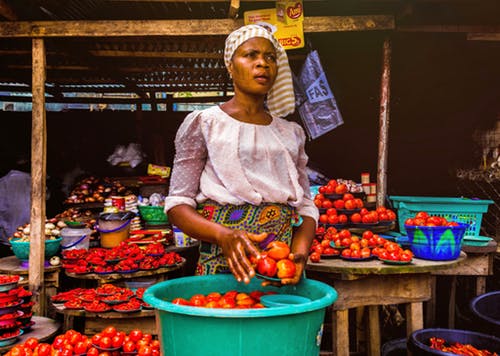The United Nations Industrial Development Organisation (UNIDO) is funding Sh425m for farmers’ training across East Africa over the next three years to position more smallholders to export directly to the European Union.
UNIDO’s Market Access Upgrade Program (MARKUP) is a regional development initiative set to assist small-scale farmers and small and medium-sized enterprises (SMEs) in Burundi, Kenya, Rwanda, Tanzania and Uganda.
In Kenya, the capacity building project is being given along the value chain for specific crops, which include avocado, cocoa, coffee, spices, tea, green beans, snow peas, chilies, mango, passion fruits, macadamia, ground nuts, herbs and spices and horticulture, to farmers and entrepreneurs from 12 counties, being Bumgoma, Busia, Homabay, Siaya, Trans Nzoia, Uasin Gishu, Taita Taveta, Kwale, Makueini, Machakos, Kajiado and Embu.
RELATED CONTENT: KEPHIS calls on horticulture industry exporters to comply with European Union export market standards for beans and peas with pods
Currently, farmers who export rely on exporting companies to sell and market their produce internationally, but the program equips farmers to secure their own direct market linkage not only internationally, but regionally and locally too.
One such farmer hoping to benefit from the program is Regina Mungai, a Gilgil based farmer, who grows and exports herbs and spices.
“We sell our produce to exporting companies who then sell it to the UK and Netherlands.I experience various challenges in exporting my produce as I have to go through many regulatory boards for licensing and approval, which can be financially straining. If anytime soon I could get a means to export my produce directly, I would really appreciate it,” she said.

By reaching out to farmers registered under cooperatives and owners of SMEs in the horticultural sector, the project is organising workshops and training by experts to sensitise them on the international standards of the targeted crops, as well as on how to expand and explore markets both regionally and internationally.
The project aims to improve the compliance of SMEs with international quality and standards requirements, improve awareness and transparency related to sanitary and phytosanitary measures, and reduce technical barriers to trade, by enabling participating SMEs to gain product certification to ease their efforts to enter foreign markets.
Presently, the European Union is the biggest single market for Kenyan horticulture, and the program aims to increase Kenya’s functional ability to produce competitive exportable products that comply with international standards.
RELATED CONTENT: Kenya\’s horticulture sector eyes Chinese market to boost revenues
“The project is specifically geared toward supporting the horticulture sector to ensure that products meet market requirements,”said EU Delegation Head of Cooperation Dr. Hubert Perr. “The European Union has a very sizeable market, which offers competitive prices for quality produce.”
The four year program (2018-2022) has been implemented jointly with the International Trade Centre (ITC) and the German Technical Cooperation (GIZ) and, at regional level, with the East African Community (EAC).
Nationally, the program is working with Kenyan stakeholders such as the Kenya Plant Health Inspectorate Service (KEPHIS), the Horticultural Crops Directorate (HCD) and the Kenya Bureau of Standards (KEBS) to help strengthen adoption of relevant international standards and improve food safety regulation to Kenya’s plant-based produce.